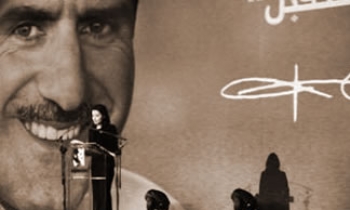The Indian Newspaper Society (INS), the apex body of the newspaper industry in the country, has described the Union government's proposal to apply service tax on sale of advertising space as "alarming" and "retrograde". The society's newly-elected president, Jacob Mathew, said the move had no legislative sanction and could have a "disastrous effect" on the newspaper industry.
In a statement here today, Mathew said a 10.2 per cent tax on value of advertising space, as proposed in the finance ministry's draft circular of October 10, will "stunt" the growth of the newspaper industry. He said the plan should dropped altogether so as to allow Indian newspapers to "grow freely."
The INS chief said in 1996 the Centre had exempted advertising spaceselling from taxation while imposing service tax on the advertising agency business. The government's logic, he recollected, was that the advertising space sold was "not" a service.
The new proposal which has no legislative sanction, however, can have a "disastrous" effect on the Indian newspaper industry. Besides adversely affecting advertising revenues and the reach of newspapers, it would also necessitate a burden on readers since advertising heavily subsidises the cover price of Indian newspapers, Mathew said.
The proposed tax, he contended, also undermined the Right to Freedom of Speech and Expression guaranteed by Article 19 (1) (a) of the Constitution and urged the government to drop the proposed levy so that Indian newspapers can grow freely and face global challenges.
The Constitution honours the Press as one of the four pillars of democracy, and newspapers are exempt from Central excise and sales tax as they are not considered 'mere commodities', Mathew argued.
He said the proposal sought to "fundamentally change" the basis of tax. "Any tax on newspapers, in effect, is a tax on knowledge. In the past, the Supreme Court has invariably struck down burdensome controls and levies on newspapers and held them unconstitutional," Mathew said.









